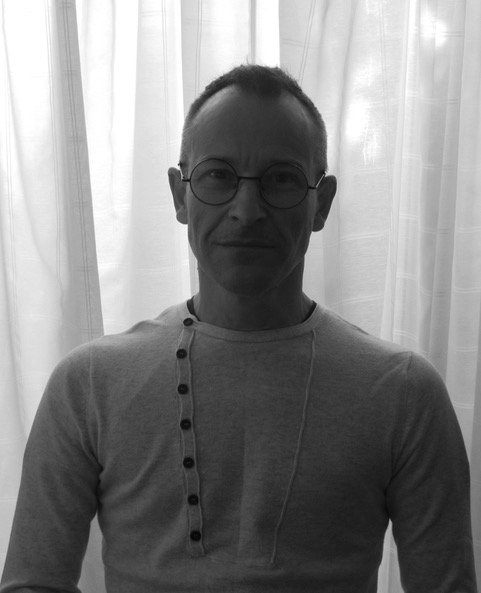
-Who is Stewart Lane?
I am a composer, musician, organisational development consultant and maker of short films. My experience as a neurodiverse person has led me to explore questions of difference, divergent perspectives and agency. Much of my practice is also informed by Cognitive Behavioural and Neuro psychologies, as a basis for exploring, through film and music, how we might attempt to understand ourselves, our actions and motivations within the context of the complex paradoxes we live on a daily basis. For me, the combination of music and the moving image are the perfect companions and collaborators to explore and express these ideas and experiences.
–What inspired you to become a filmmaker?
When I moved to London as a young man, I was introduced to the, then, many repertory cinemas; it was my first real encounter with the poetry of film. A thread that joined the likes of Marcel Carné, Clouzot, Bergman, Godard, Roeg, Tarkovsky, Jarman, Wenders were the early influencers for me. They showed me the possibilities that film making could offer beyond the realm of mainstream narratives.

-Do you think the cinema can bring a change in the society?
Navigating polarities is certainly the nature of the world we live in, and cinema expresses this like any other art or discipline; it can and has been used to influence change, broaden perspectives and excite empathy for others. Cinema can shape trends, inspire movements and bring joy to millions. Yet it can also merely be a bland displacement or distraction activity, or one which reinforces prejudices and stereotypes.
–What would you change in the world?
Change has been the prevailing theme of my professional life, both as an artist and as an organisational development consultant. In my experience, knowing how to change one’s own mind and align it with one’s passion and values could have the most demonstrative impact on the world.
Cognitive Behavioural and Neuro psychologies are fantastic practical tools for this, while music and film are the crucible for imagining the potentials and possibilities of our future.

–Where do you see the film industry going in the next 100 years?
Although technologies will inevitably change how and where audiences participate in cinema, the power of film lies in the shared experience it provides, the beliefs and perspectives it challenges and the debates it cultivates.
